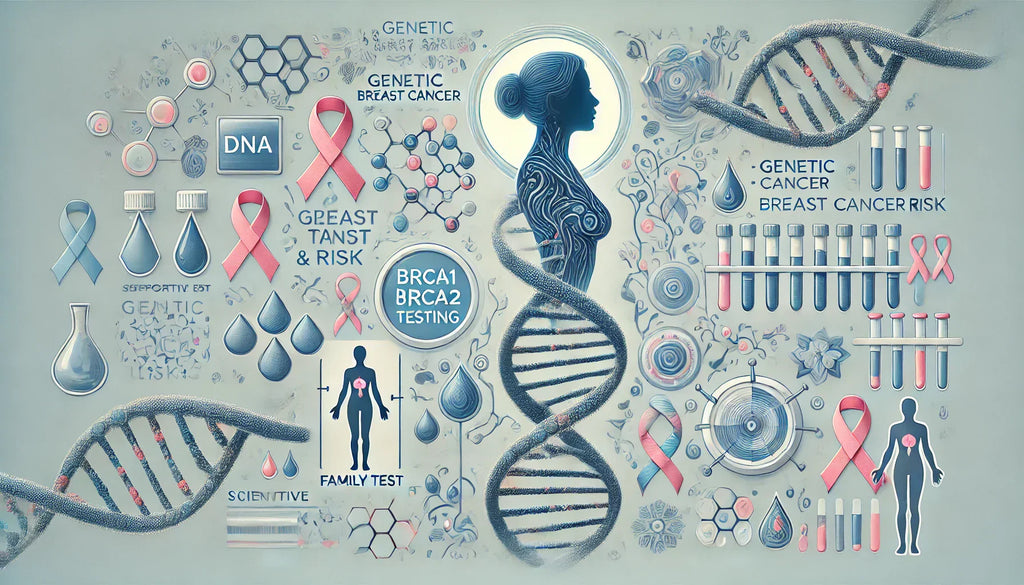News — molecular diagnostics
Solving the TB Puzzle: How CRISPR is Powering Rapid, Accurate Point-of-Care Testing
accurate TB diagnostics CRISPR for public health CRISPR in healthcare CRISPR TB test CRISPR toolkit DETECTR gene editing diagnostics health innovation CRISPR molecular diagnostics Mycobacterium tuberculosis test point-of-care TB testing portable TB test rapid disease detection rapid TB detection SHERLOCK CRISPR TB detection innovation TB drug resistance detection TB in low-resource settings TB screening technology tuberculosis diagnostics
Tuberculosis (TB) continues to be one of the deadliest infectious diseases on the planet, despite decades of medical advancements. Caused by the bacterium Mycobacterium tuberculosis, TB infects millions annually and often hides in asymptomatic carriers, making early detection both essential and difficult. Traditional diagnostic methods—like sputum smear microscopy and culture—are slow, require specialized infrastructure, and can miss early-stage infections. This lag in detection leads to delayed treatment and increased transmission, particularly in low-resource settings.
Now, a revolutionary biotech tool is turning the tide: CRISPR. Originally known for its gene-editing capabilities, CRISPR is being repurposed to solve one of medicine's most persistent puzzles—fast, accurate TB detection right at the point of care. By leveraging its highly specific molecular recognition abilities, CRISPR-based diagnostics are enabling clinicians to identify TB in minutes instead of weeks. This article explores how this technology is reshaping the future of TB diagnostics, making testing more accessible, affordable, and responsive.
Genetic Risk Factors for Breast Cancer: What You Need to Know and How to Get Tested
BRCA1 BRCA2 breast cancer breast cancer genes cancer screening family history genetic counseling genetic mutations genetic risk factors genetic testing hereditary cancer molecular diagnostics preventive care risk assessment women's health
Understanding your genetic risk for breast cancer is a critical step towards proactive health management. This guide explores the genetic risk factors that can influence breast cancer, explains the role of key genes like BRCA1 and BRCA2, and provides practical tips on how to get tested.
Whether you’re new to this topic or looking for in-depth information, our supportive and research-backed insights aim to empower you in making informed decisions about your health.


